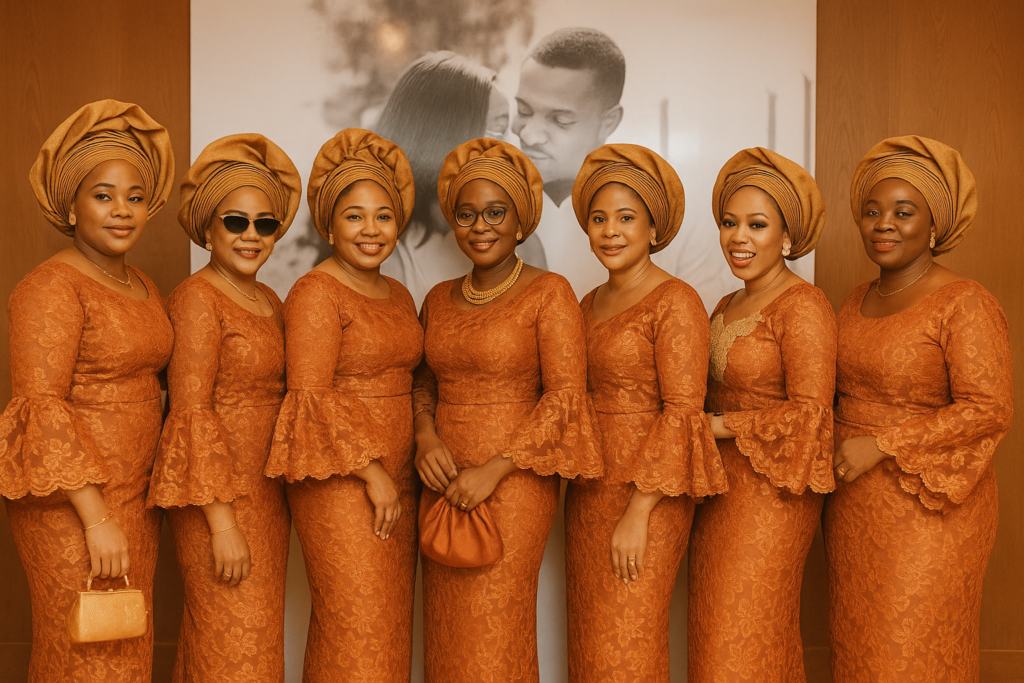Nigeria’s fashion scene is a vibrant tapestry woven from centuries of cultural heritage, creativity, and bold expression. Among the many elements that define Nigerian style, textiles like Ankara and the tradition of Aso Ebi stand out as powerful symbols of identity, unity, and celebration. Understanding these fabrics and their significance offers a fascinating glimpse into Nigeria’s rich cultural narrative and its dynamic fashion industry.
Ankara fabric, often recognized by its bright, colorful patterns and bold prints, has become synonymous with African fashion worldwide. Originally inspired by Indonesian batik and adapted through Dutch and British colonial trade routes, Ankara has been fully embraced and transformed by Nigerians into a unique artistic expression. The fabric is widely used in everyday clothing and special occasions, reflecting a fusion of traditional aesthetics and contemporary style.
What makes Ankara particularly special in Nigeria is not just its striking designs but its ability to tell stories. Each pattern and color combination can carry cultural meanings, social messages, or personal symbolism. Whether it’s floral motifs, geometric shapes, or symbolic icons, Ankara serves as a canvas for communicating identity, beliefs, and emotions. This rich visual language is a key reason Ankara remains a beloved fabric for Nigerians across generations.
Complementing Ankara is the cherished tradition of Aso Ebi, a practice deeply rooted in Nigerian social life. Aso Ebi, which translates roughly as “family cloth,” involves groups of people often extended families, friends, or communities wearing coordinated outfits made from the same fabric during significant events such as weddings, funerals, and festivals. This practice fosters a sense of belonging and solidarity, signaling unity and mutual support among participants.
Aso Ebi goes beyond mere fashion; it is a cultural ritual that strengthens bonds and celebrates communal ties. The coordinated dressing creates a visually stunning display of togetherness, symbolizing respect for tradition and collective identity. The fabrics chosen for Aso Ebi are often luxurious and carefully selected to match the tone and significance of the event, highlighting the importance Nigerians place on aesthetics and cultural symbolism.
Over the years, Nigerian designers have elevated Ankara and Aso Ebi to new heights, blending traditional craftsmanship with modern fashion sensibilities. Designers experiment with cuts, textures, and embellishments to create innovative looks that appeal both locally and internationally. This fusion of old and new reflects Nigeria’s evolving fashion landscape one that honors its roots while embracing global trends.
Moreover, the global popularity of Ankara and Aso Ebi has helped shine a spotlight on Nigeria’s cultural richness. International celebrities and fashion enthusiasts increasingly incorporate these textiles into their wardrobes, celebrating African heritage and style. This global embrace not only boosts Nigeria’s fashion economy but also fosters cultural exchange and appreciation.
In essence, Ankara and Aso Ebi are more than just fabrics or fashion trends in Nigeria. They are vibrant symbols of history, identity, and community. Through these textiles, Nigerians continue to celebrate their heritage while innovating boldly for the future, making Nigerian fashion a dynamic force on the world stage.

